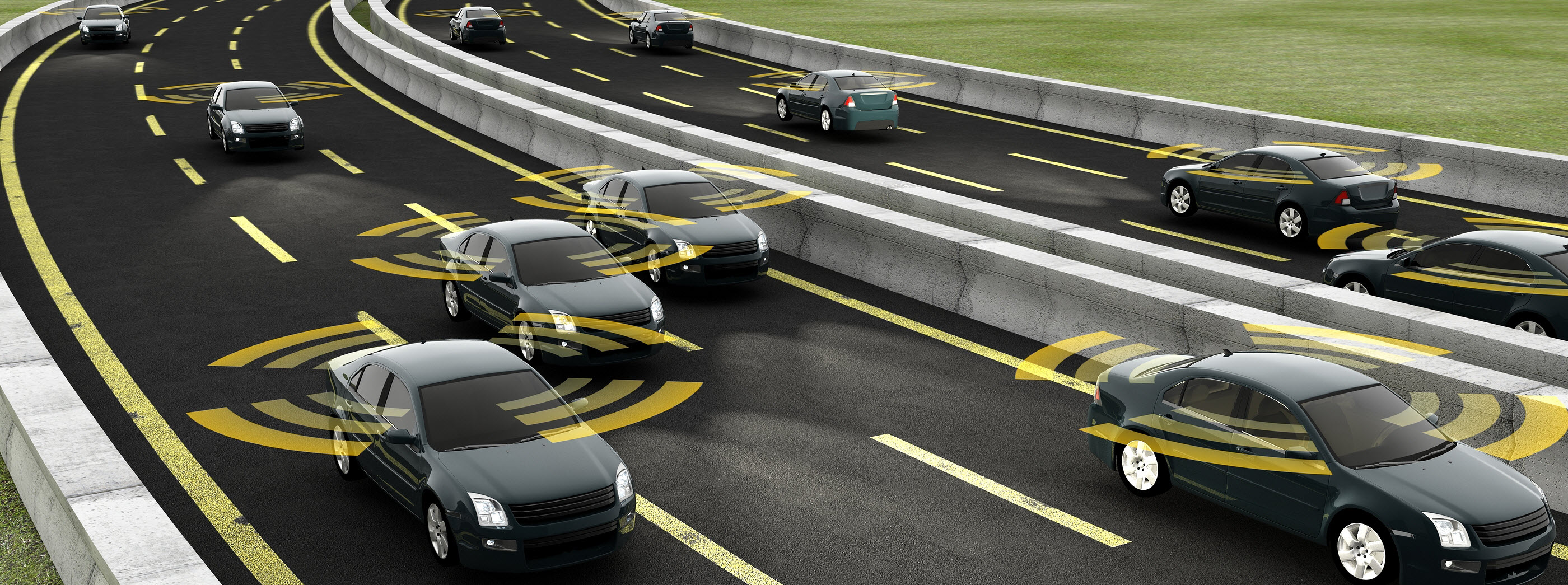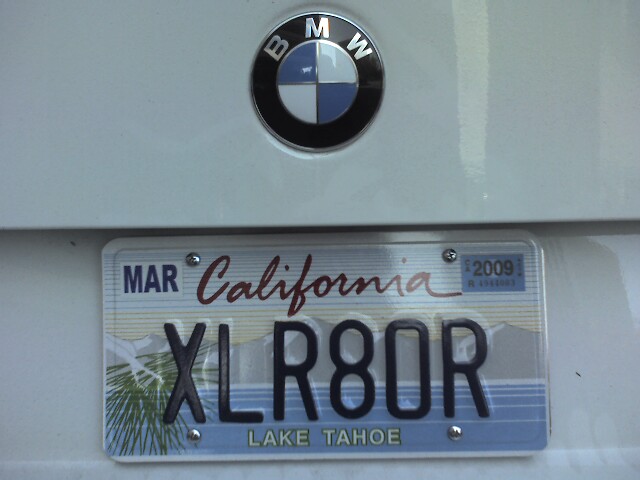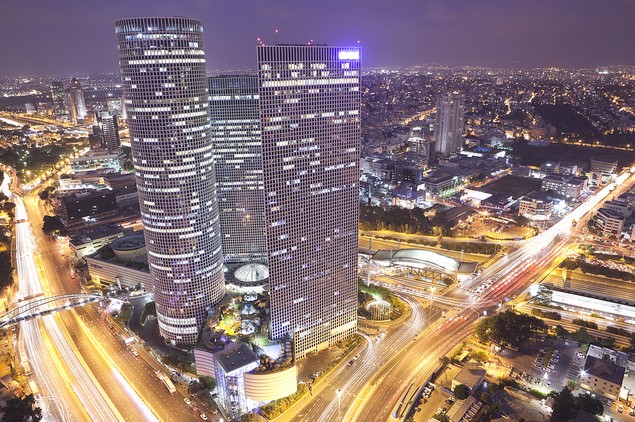It’s no secret that Israel has been driving the mobility sector forward for years – and this week, Startup Nation has zoomed past another milestone: Intel announced yesterday its $15 billion acquisition of Jerusalem-based Mobileye, a leader in the autonomous driving industry, creating waves across the global mobility scene and making it Israel’s biggest acquisition of all time.
But yesterday’s announcement did confirm two things the world may not have known:
- Israel is actually earning the title of world leader in autonomous driving.
- Big money is getting behind and moving the big business of autonomous driving.
This event has major implications for the entire mobility industry as Intel not only backs but leads the race. More specifically, Israel’s active role as an innovation powerhouse in the mobility space is crystal clear. Intel plans to base its entire autonomous driving operation to Israel, with Mobileye’s CTO and co-founder, Prof. Amnon Shashua, leading the division. According to the Jerusalem Post, Intel felt “…keeping the operations in Israel, at Mobileye’s Jerusalem offices, was critical to Intel when cementing the deal… the larger corporation understands Israeli culture.”
Honda, Ford, and other multinationals are seeking out their own connections to Startup Nation. Last year, Honda Silicon Valley Lab came to Israel seeking mobility tech – and found it in VocalZoom, an Israeli startup (and OurCrowd portfolio company) with which Honda announced a partnership almost a year later at CES in January.
In a global twist, at the 2017 Global Investor Summit last month, Mobileye presented alongside Zoomcar, a mobility startup based in India (and an OurCrowd portfolio company). The two discussed their partnership: Zoomcar has installed the Israeli company’s warning system to enhance security measures in their fleet. The company plans to incorporate Mobileye’s technology in more than 10,000 cars by December 2017.
Meanwhile, there are many examples that show Israel has been a leader in the mobility space for years:
- Waze was acquired by Google for $1.3B in 2014 and just announced their ride share platform;
- Argus Cyber Security recently raised $26M, from Magna International, Allianz SE, OurCrowd and others, and announced their partnership with Qualcomm Technologies;
- Mobileye, Israel’s largest IPO at $890M in 2014 and now acquired by Intel in the country’s largest exit to date;
- VocalZoom and Honda announced their partnership earlier this year;
- Engie, a company project co-founded by Waze founder Uri Levine, is a car diagnostics app and mechanic marketplace, which announced yesterday they are launching in the United Kingdom;
- Other familiar companies include Via, Moovit, Juno, and Gett, which has a $2B valuation.
The big questions now are – what are the developments coming out of the mobility space to watch? And which are the companies to keep an eye on?
Here’s an answer by Michael Granoff, the driver behind the wheel at Maniv Mobility, Israel’s first exclusively-focused mobility fund.
“We are seeing veteran Israeli entrepreneurs, with two or three big exits under the belts, realizing that their expertise in sensors, in hardware-software integration, in big data or in cyber, has profound implications for the direction that automotive and mobility are going. In Manhattan today, of five ride-hail apps available, three have Israeli heritage. The last transportation revolution came out of Detroit; the next is coming from the world’s two largest technology orchards – Silicon Valley, and Israel.”
And it’s way beyond talk at this point – here are three of the 13 startups Maniv is backing:
- Otonomo, connecting vehicles and data to a rich ecosystem of apps, offering a wide range of services to vehicle owners while allowing them to maintain control over the data they share.
- Oryx Vision, developing a sensor for autonomous vehicle applications that is neither radar nor lidar, instead using micro antennas to detect light waves, thereby offering unmatched resolution and adverse weather functionality at very low cost.
- Drive.AI, developing a deep learning based system that allows perception of the environment around a vehicle, offering significantly better performance than current generation solutions (like Mobileye) on the same applications.
As Maniv forges ahead helping “to expedite the new age of advanced transportation technology, including safety, business model innovation, and vehicle autonomy,” OurCrowd is in the passenger’s seat, backing and supporting mobility startups through Maniv and elsewhere. (For more information, click here.)
There’s clearly a lot going on, so strap in your seatbelts and adjust that dashcam. Start with some of the highlighted content below.
- For further examination of the autonomous driving industry and Intel’s strategy with Mobileye, start with this article in Fortune, Why Intel bought Mobileye.
- Self-driving startups make ripe targets, an industry list by Automotive News.
- And for a good read on why this is not ‘scale-up nation’ selling out – Aleph’s Michael Eisenberg says it well.
- Check out the Transportation Tech panel from the recent 2017 Global Investor Summit.
- Read more on how Israel is positioned for global investments with its focus on mobility.
- Learn more about OurCrowd’s mobility portfolio here.
For information on mobility startup investment opportunities, please be in touch.








